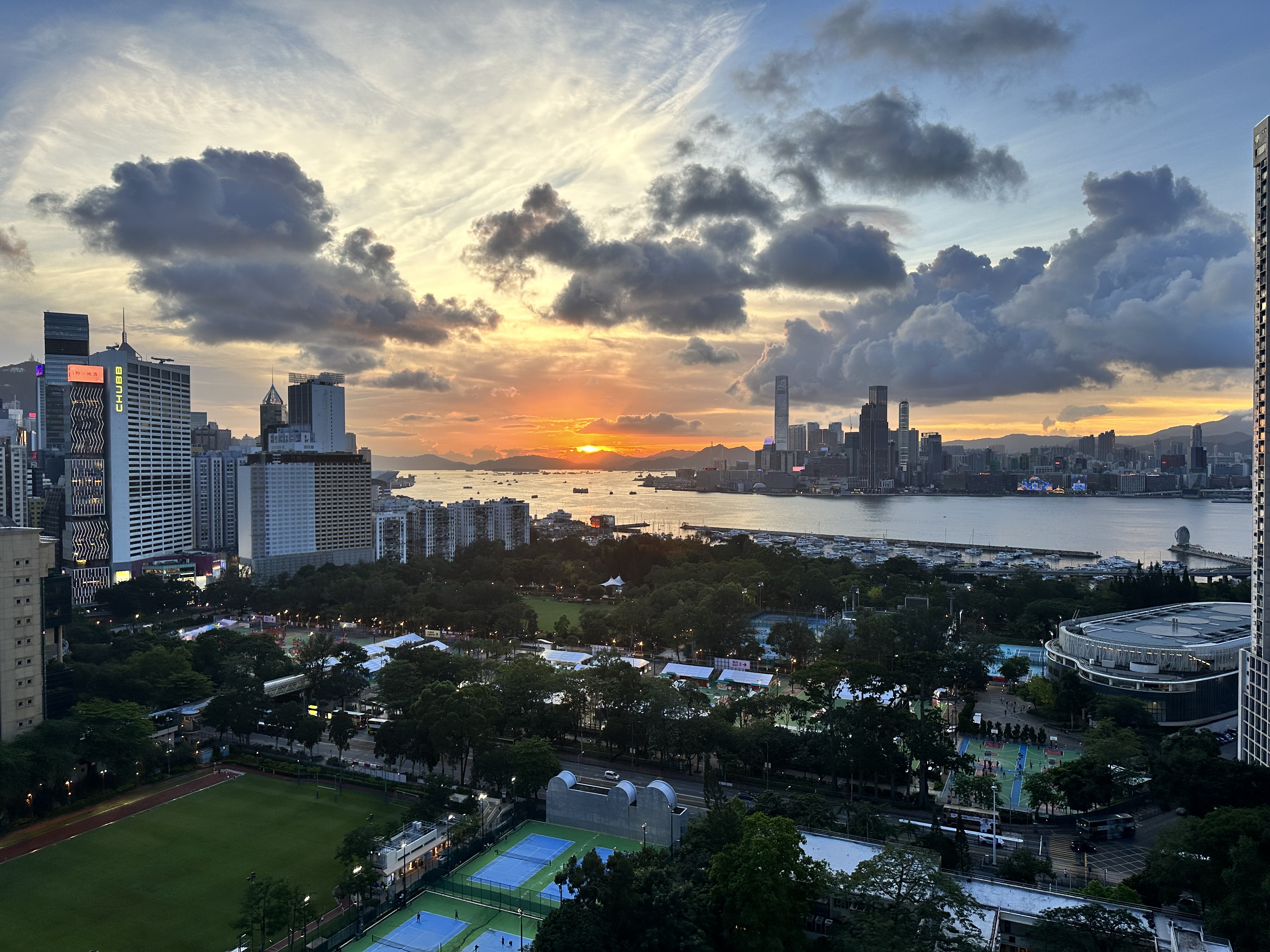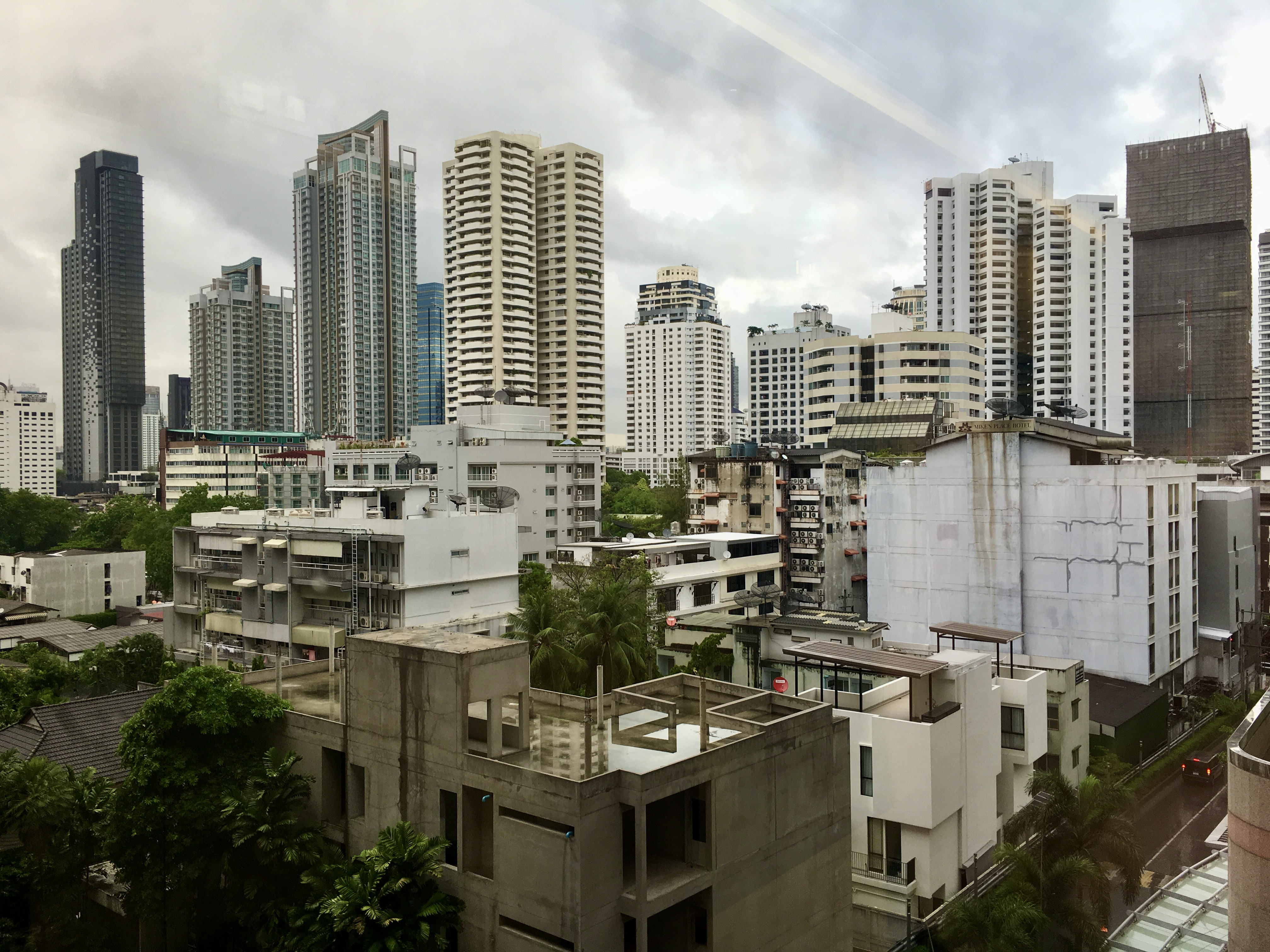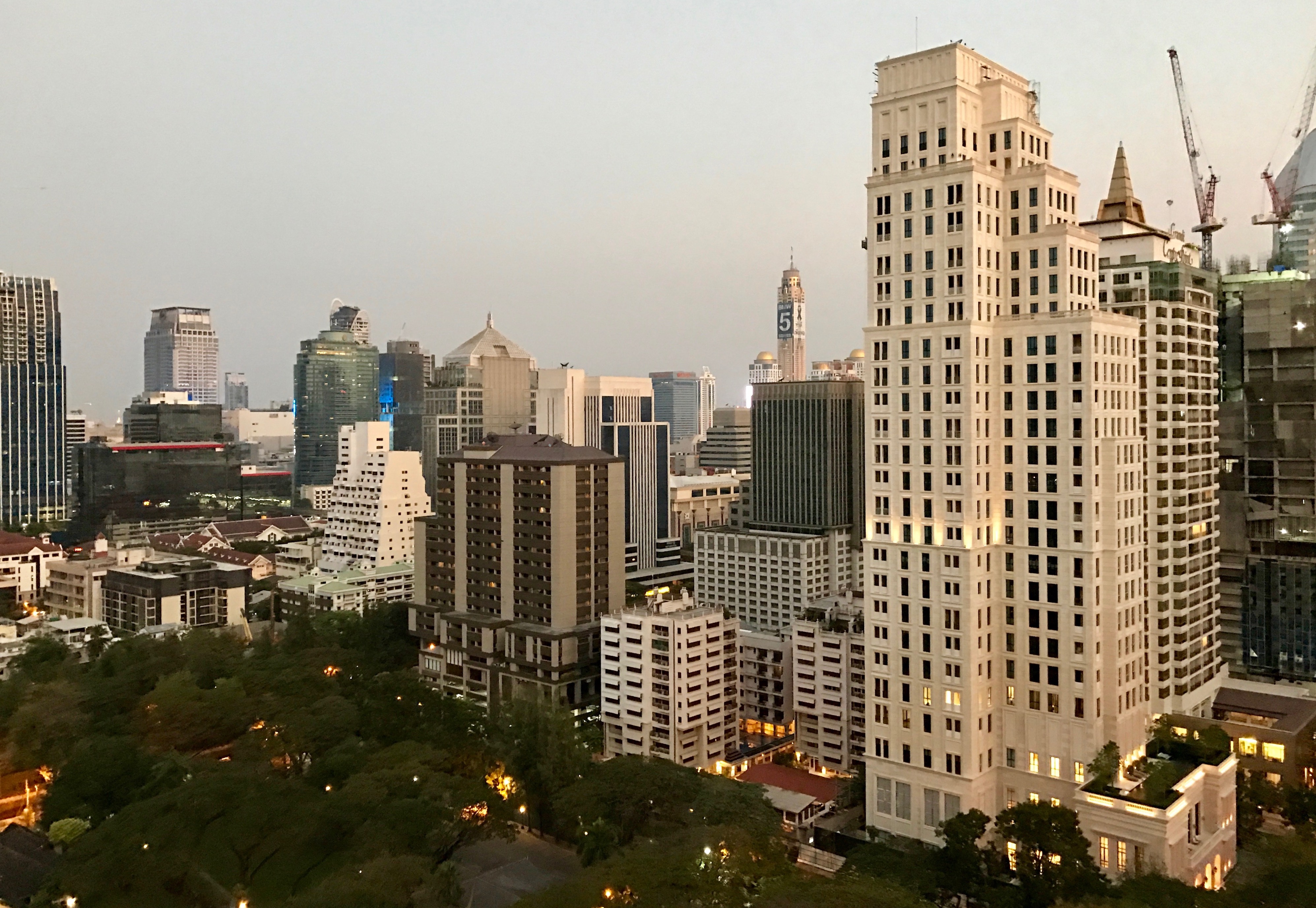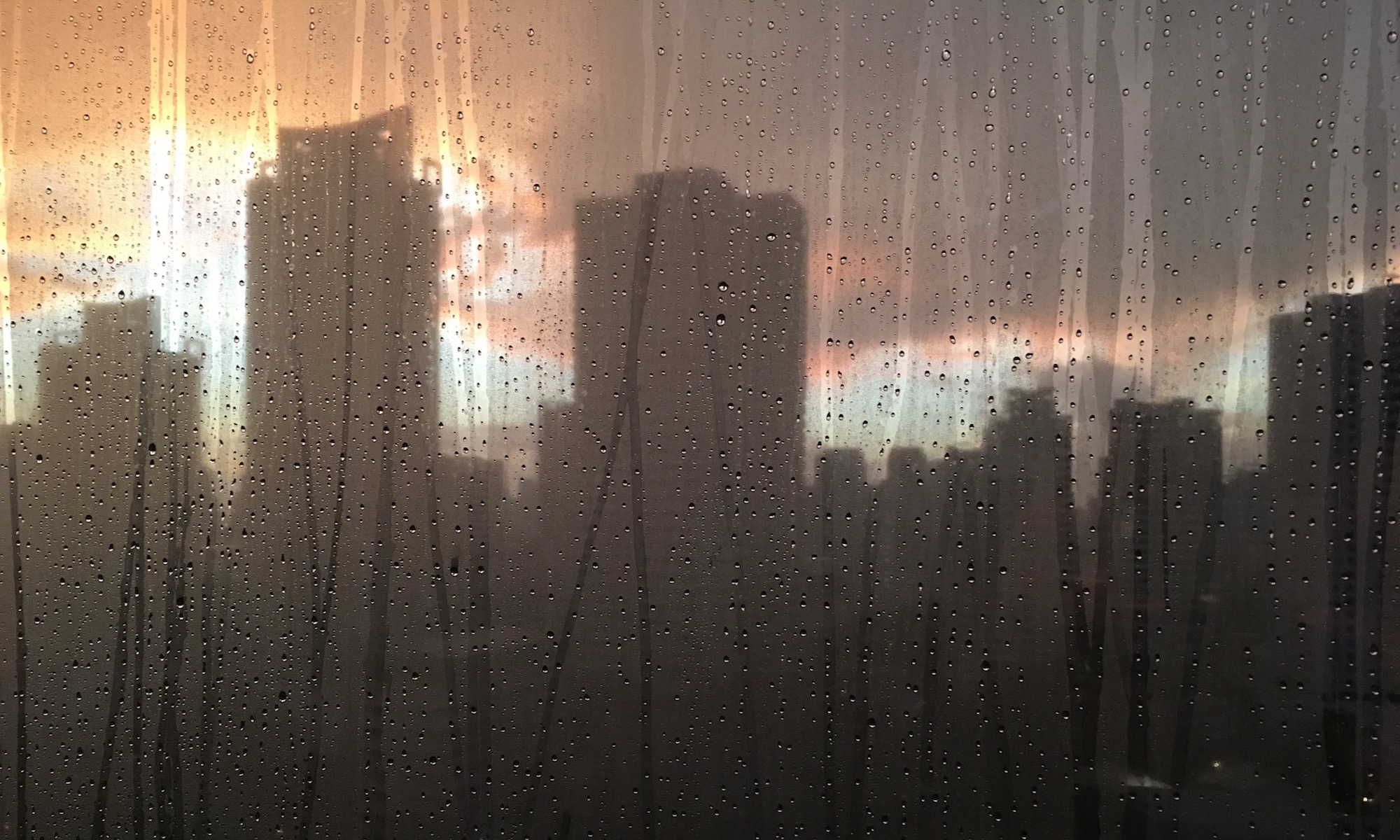The year ending feels very long. I wonder about this, about perception in a family of three rather than two. Twelve months represents so much change to a being of only eighteen. I expect the next few years will feel likewise.
The list below, considered as such, is an impossible mishmash. I have learned that in some ways we did not leave the pandemic, and we can never really go back to our former lives. The feeling of freedom, and the lack of surprise at travel, may never really return, even though the act itself has. Even though the casualness with which we pack for a new country certainly has. As Ursula Le Guin once wrote,
“You can go home again, the General Temporal Theory asserts, so long as you understand that home is a place where you have never been.”
From Lone Stars’ 11th year playing beach ultimate in LA in January, to Malaysia with Hong Kong Masters in December, some of the places represent a familiar type of travel made entirely new and more challenging with a third family member. And yet they were still beautiful, as were Bangkok and Boracay for the same purpose. Malaysia also represented the first time all three of us visited a new country together, a list we are excited to expand.
Mostly, the places below represent trying to do a lot. The sheer number of times in the Bay Area (five) and Tokyo (five) go some way towards outlining the pace. With three family trips to the U.S. and another three solo ones, we covered more of the country we came from than we expect to for quite a while. The world is big, and now that airplanes are more regular, there are many new places to see. As to Tokyo, well, it will be a regular feature of future lists, and hopefully a comfortable one.
As always, I look for themes in these years, in their pace or our hopes. This year the recall is harder than usual, a combination of sleeplessness and focus on someone else with the frantic end that saw me spend but one week in eight at home in October and November. Thus the point of writing things down: in this list I see old friends, a focus on family, and the return of places we love. Clara, at a year and a half, saw Bangkok, Boracay, and Taipei this year, the easy hops around Asia that we missed during the pandemic. In this year’s list I also see the new: our foraging adventures around Tokyo hunting something, some collective feeling we were sure we’d know when we encountered it. We did, and are working to make it a fixture of whatever weird life we are building.
That, at last, is the point, the central sensation of this odd year. As always it takes writing for a while before the core of the thing I’m considering presents itself: we are building some truly new life now, on the other side of our big move to Asia, on the other side of the pandemic, on the other side of the biggest decision of our lives. We are building a future that we can barely see, one in which we have hopefully slept more, wherever the places may be. And what I will remember from twenty twenty three is that, for the first time, it was a future we could start to see.
Tai Hang, HK
Santa Monica, CA
San Francisco, CA (four times, two spots)
Cherry Hill, NJ (twice)
Malibu, CA (twice)
Boracay Island, the Philippines
Santa Clara, CA (twice)
Taipei, Taiwan
Bangkok, Thailand (two spots)
Nishinippori, Tokyo (twice)
Shimbashi and Toranomon, Tokyo
Shinjuku, Tokyo (four times, three spots)
Fort Collins, CO
Stout’s Island, WI
Sugamo, Tokyo
Changi, Singapore
Pune, India
Otsuka, Tokyo (twice)
Downtown Singapore
Batam, Indonesia
New Braunfels, TX
Austin, TX
Brooklyn, NY
Manhattan, NY
Cyberjaya, Malaysia
Prior lists visible here.



